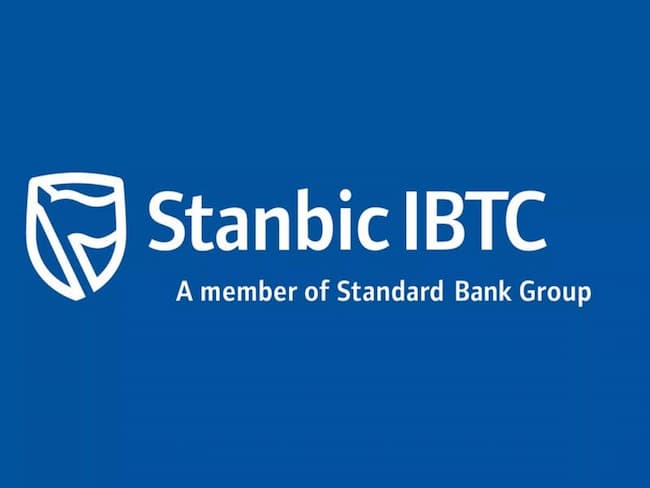New order inflows rose solidly in January as well as output, according to Stanbic IBTC’s Purchasing Managers Index report for January.
The report noted that private sector companies cut workforce numbers at the beginning of the year in order to reduce cash outflows.
Despite this, the report stated that firms were able to complete existing orders with backlogs reducing for the eighth month running.
In Stanbic IBTC’s report titled ‘PMI hits six-month low in January amid sharp price pressures’ which was released on Thursday, new client wins and an improving demand environment led to the uptick.
Output rose marginally, which extended the current period of growth to two months, it said.
According to the report, the headline PMI registered at 50.7 in January, down from 51.8 in December, but signalled an improvement in business conditions at the Nigerian private sector.
READ ALSO: Stanbic IBTC Insurance Reveals Exclusive Benefits For Its Customers
It stated that readings above 50.0 signaled an improvement in business conditions on the previous month, while readings below 50.0 showed a deterioration.
“Latest data signaled an expansion in the Nigerian private sector in January, with a solid rise in new orders underpinning growth,” the PMI report stated.
“However, substantial increases in input costs and selling prices contributed to a moderation in expansion of outputs and purchasing activity.
“As a result, firms looked to cut costs by reducing their workforce. Nevertheless, the degree of positive sentiment improved to the highest since April last year, with hopes of greater demand fueling optimism.”
“That said, the latest reading indicated the softest rate of expansion since July,” it stated.
READ ALSO: How To Apply For Foreign Language Teaching Assistant Program In US
Anecdotal evidence suggested that a rise in demand offset the negative impacts of higher prices.
It stated, “Average cost burdens faced by private sector firms in Nigeria rose at a substantial pace. According to panel members, material shortages, unfavourable exchange rate movements and higher wages drove the latest uptick.
It explained that firms passed higher expenses onto clients with the rate of charged inflation the sharpest since August and one of the fastest in the survey’s seven-year history.












